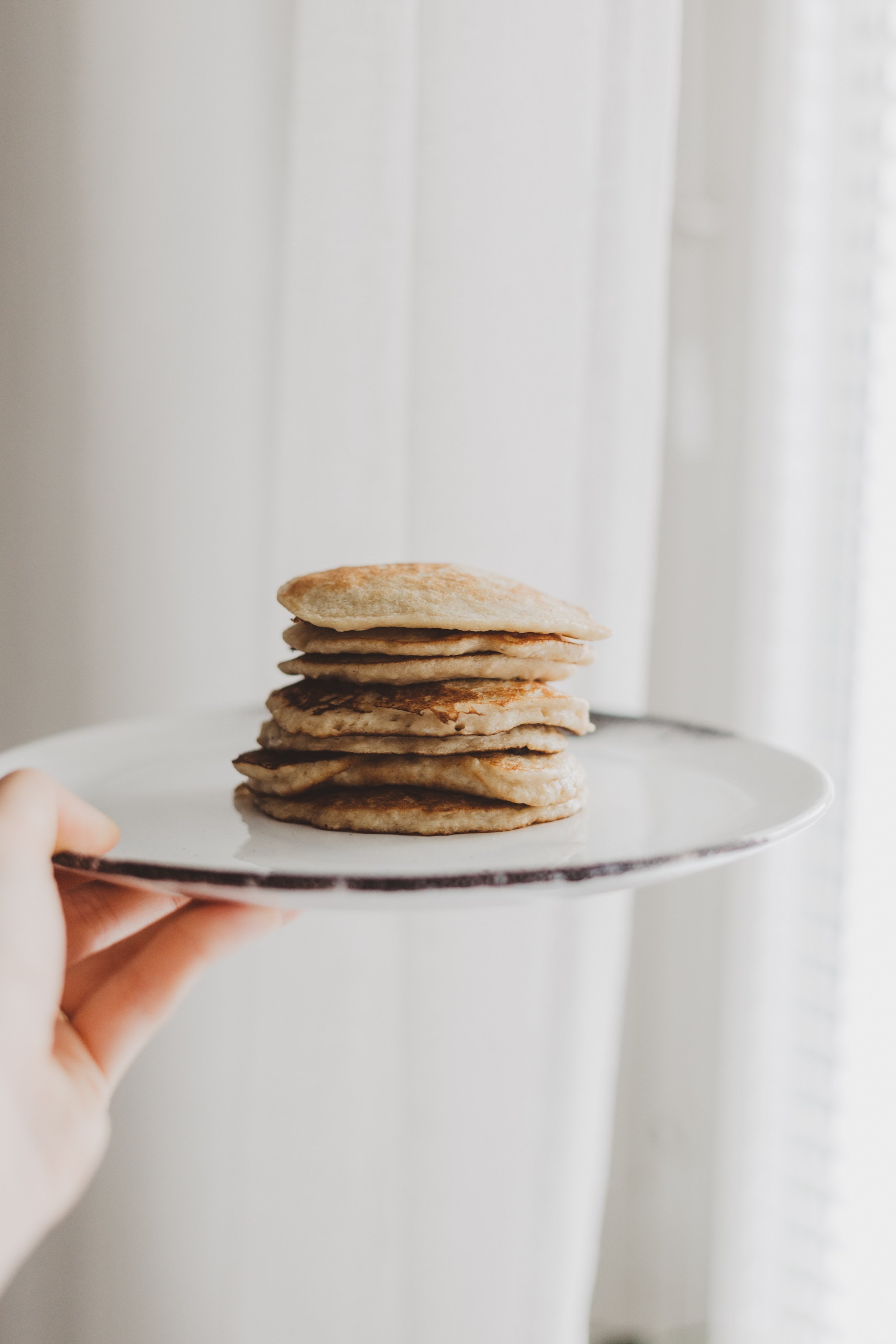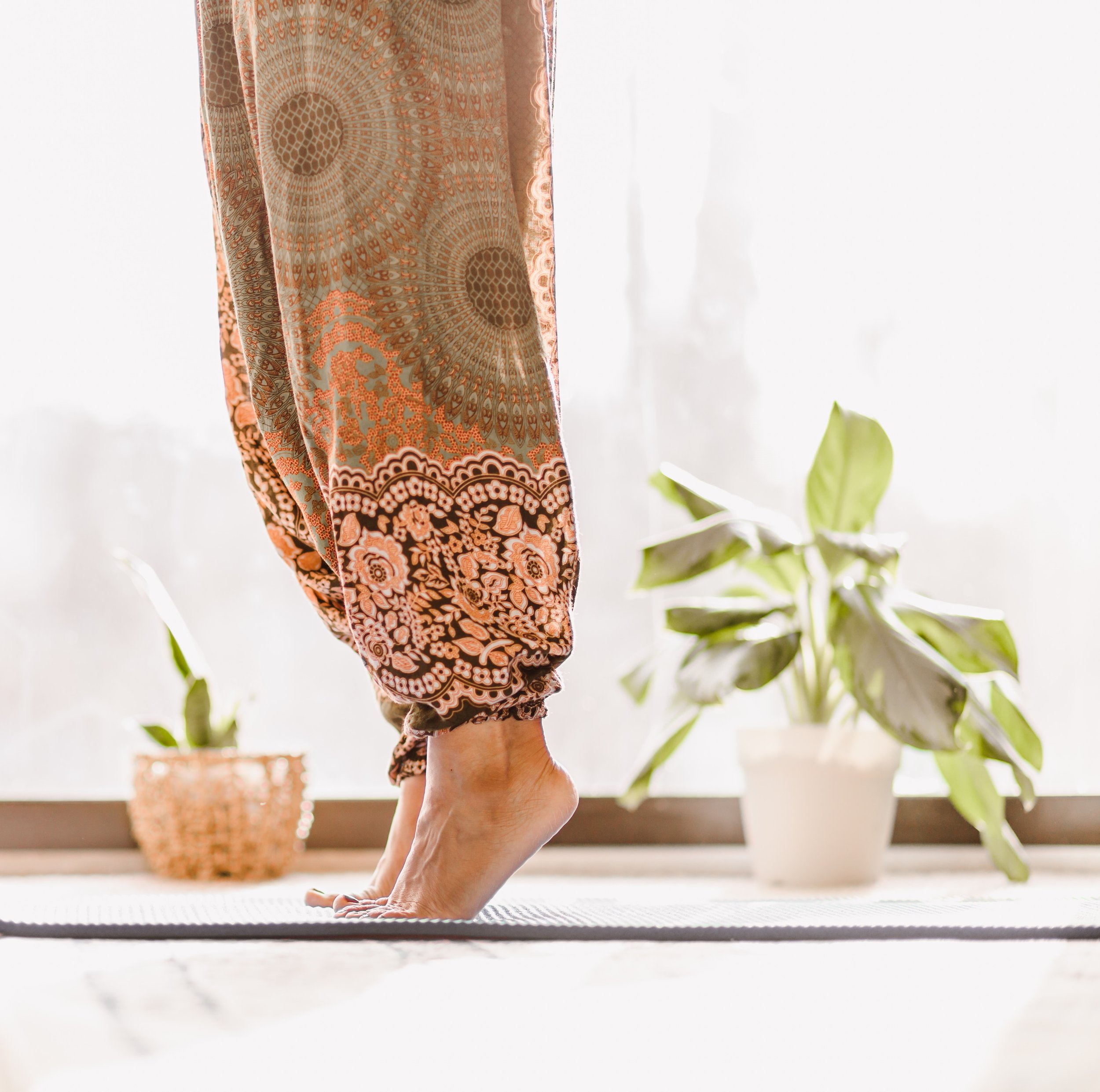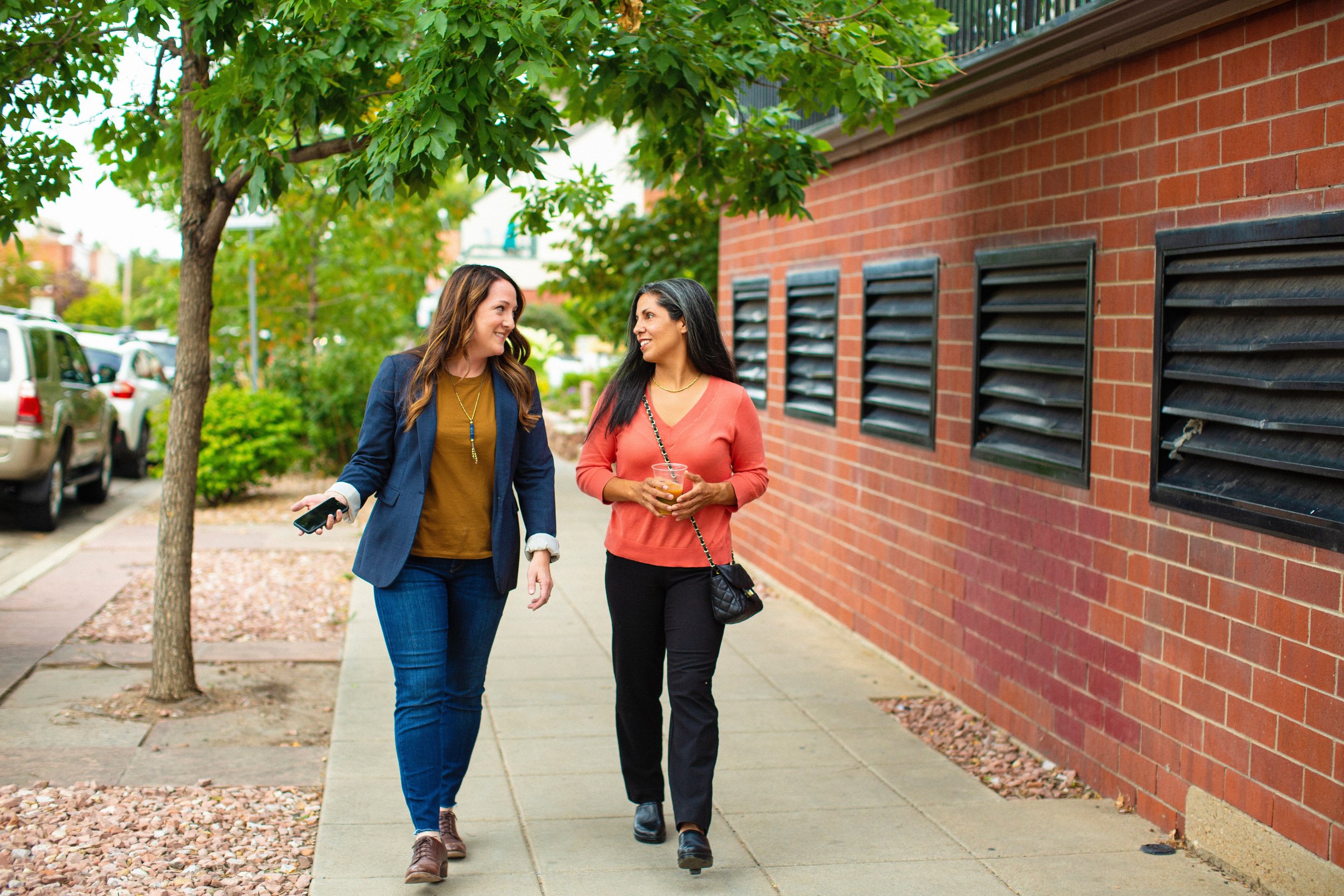The ZOE App: A Personalised Nutrition Tool or a Potential Source of Stress?
“I can't help but feel very ready to discuss a topic that has been on my mind a lot lately - the ZOE App. I've received numerous questions about it from many of you, so I wanted to take this opportunity to share my thoughts on it.”
Firstly, let me explain what ZOE is. It's an app that has been developed to help people make better food choices based on their individual biology. It uses artificial intelligence and machine learning to analyse data from a person's blood, gut microbiome, and lifestyle, in order to provide personalised recommendations on what to eat and when.
Zoe then collects your data through user input, such as tracking your daily food intake.
Now, from my perspective, ZOE may be beneficial for people who are very data driven and happy to spend time inputting information, without it becoming a negative fixation or source of stress. However, one of the challenges is the need to be honest with what is being recorded. For some, there is a temptation to 'fiddle the books' and not be entirely accurate, which makes it less robust as a research tool (ZOE is conducting research using the data collected from its users), and possibly speaks to some of the limitations with yet another restrictive diet plan or approach.
Understanding the Psychology of Eating and Food Tracking
The psychology of eating when it comes to recording data is complex and can be influenced by a variety of factors. Some people may find it challenging to be honest with themselves about what they're eating, which can lead to inaccurate data and potentially undermine the effectiveness of the app.
The desire to 'cheat' or falsify data may stem from feelings of shame, guilt, or anxiety around food and eating habits. For some, the act of recording what they eat may feel like a chore or a burden, leading to a desire to cut corners or make things easier.
Potential Pitfalls of Strict Dietary Guidelines and Food Monitoring
Additionally, some individuals may feel pressure to conform to strict dietary guidelines or goals, which can create a sense of deprivation or restriction around food. This can lead to feelings of rebellion or a desire to 'cheat' on the diet plan.
Overall, it's important to recognize the psychological factors that can influence the accuracy and effectiveness of food tracking and personalised nutrition apps like ZOE.
If you come from a background of yo-yo dieting, restriction, a challenging relationship with food, or health anxiety, my fear with ZOE is that it could become something that causes a degree of stress and unhelpful preoccupation with food, along with feelings of shame and guilt if you're not able to 'do it properly'. It encourages a microscope style approach to eating that may very well zap the joy out of food (and possibly life).
My Approach: Finding Joy and Confidence with Food and Health
Therefore, although I do see some positives, it is the format I’m not so keen on as I don’t see it being a helpful enabler of positive relationships with food in the long-run. Monitoring, documenting and having to follow a tight prescription to eating is actually the complete opposite to my approach with clients. I support the women I work with by giving them the tools to find enjoyment, satisfaction and confidence with food and their health, in a manner that can become simply a way of life, and without a ‘plan’ in sight!





